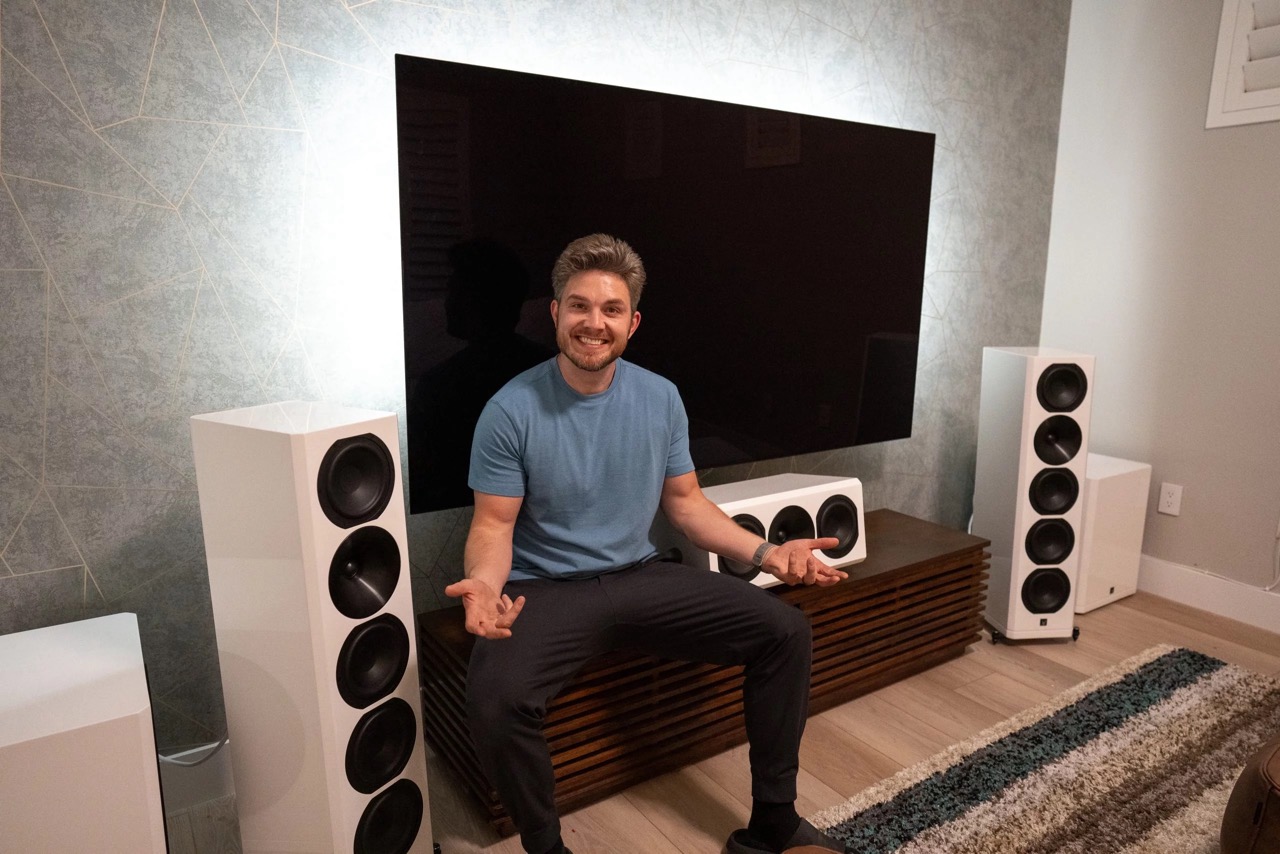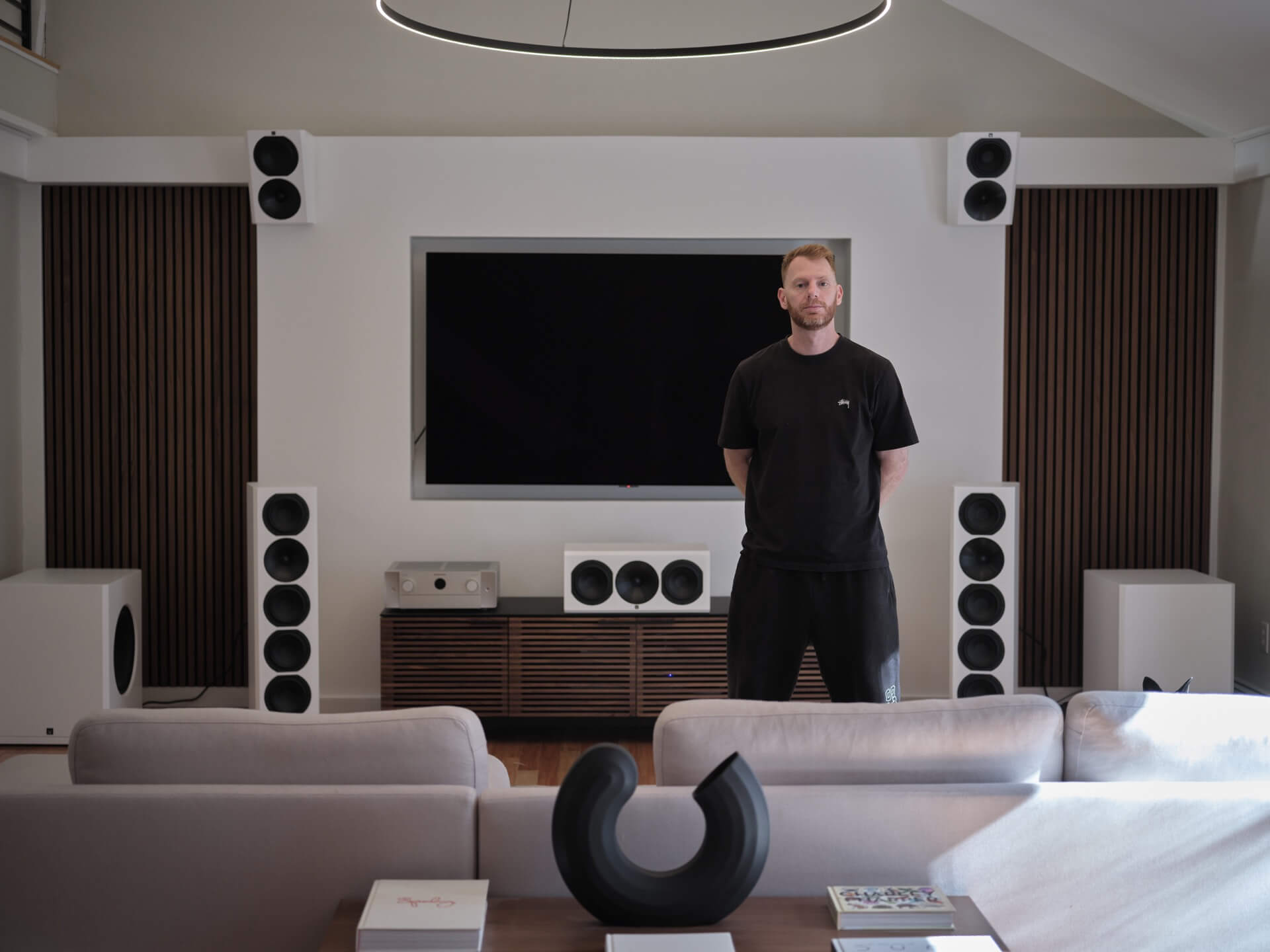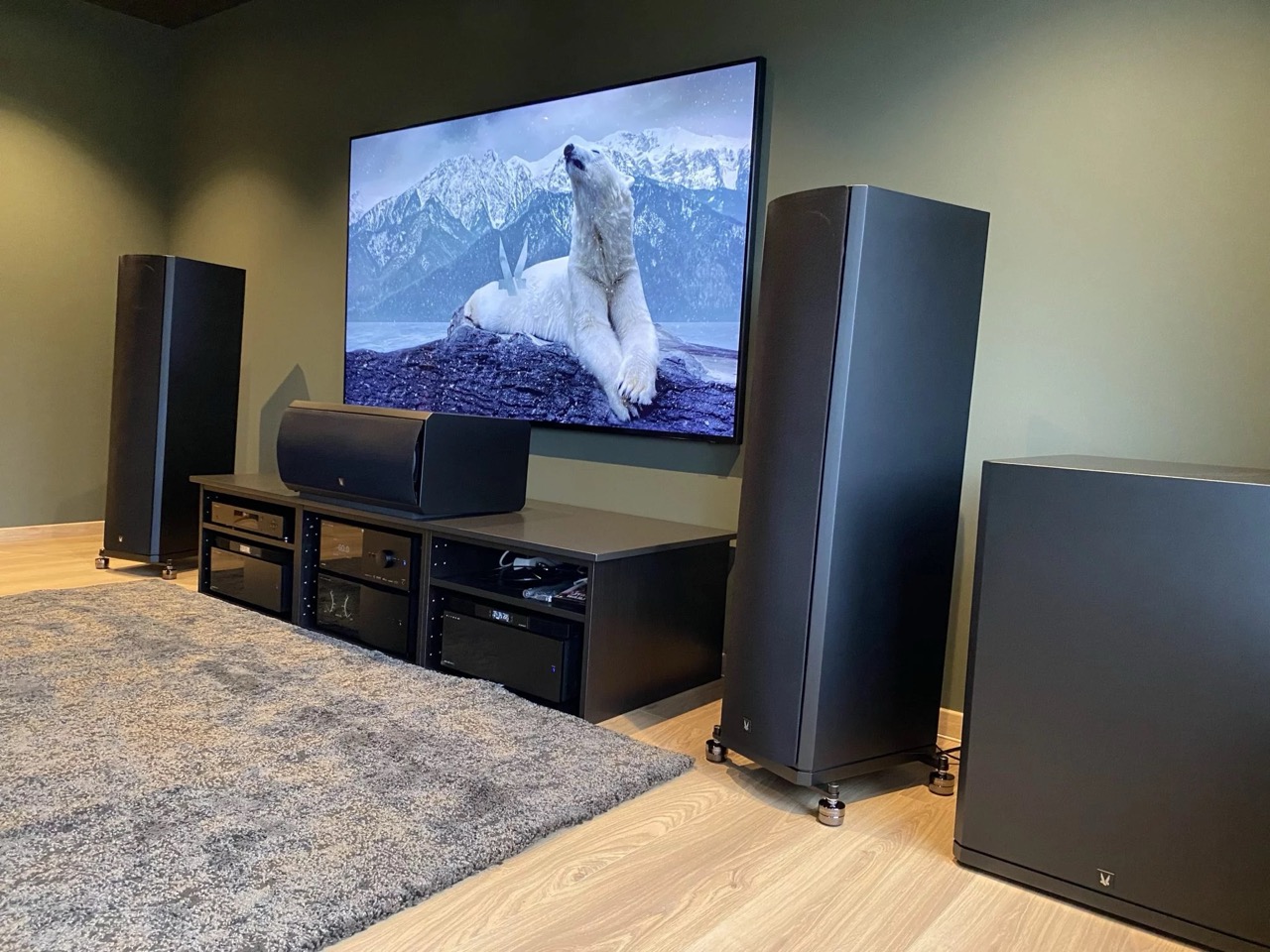The Impact of Digital Signal Processing (DSP) in HiFi Audio
Article summary
- Digital Signal Processing (DSP) transforms hi-fi audio with precise control over sound adjustments.
- Room correction via DSP mitigates acoustic anomalies, resulting in clearer, more accurate sound.
- DSP enables users to customize their audio systems according to personal preferences and room acoustics.
- Enhance your audio-visual setup with the 1528 Tower 8 for expansive sound quality.
- The future of audio enhancement lies in advanced DSP, promising more intelligent and adaptive sound features.
Harnessing the Power of Digital Processing
Digital Signal Processing, or DSP, has revolutionized the world of hi-fi audio, offering unprecedented control over the listening experience. DSP technology processes audio signals in the digital domain, enabling precise adjustments that were once impossible. Digital Signal Processing in audio can include everything from simple equalization to complex room correction algorithms.
This technology is embedded in many modern audio playback devices, from smartphones to AV receivers. The ability to adjust and refine the sound through software has made it possible for listeners to customize their audio systems to suit their individual tastes and room acoustics perfectly.
For audiophiles and hi-fi enthusiasts, DSP offers a chance to optimize sound quality in ways that analog systems cannot, making it an invaluable tool for personalization and audio enhancement.
Room Correction with DSP
One of the most significant advantages of DSP is its application in room correction. Every listening environment has its own set of acoustical challenges, but with the help of DSP, inconsistencies caused by room dimensions and reflections can be mitigated.
Sophisticated DSP systems analyze the sound in a room and apply a set of filters to correct for various acoustic anomalies. This process can result in a cleaner, more accurate sound, revealing details in music that may have previously been obscured by room-induced distortions.
Utilizing DSP for room correction can feel like lifting a veil off your speakers, offering a clarity and precision that elevates the listening experience significantly.
Customizing Your Sound
DSP is not only about correction but also about customization. Advanced DSP algorithms allow users to shape their audio system’s sound signature to their liking. These adjustments can be as simple as a bass boost or as complex as creating custom equalization curves for different types of music.
Some high-end audio systems come with built-in DSP options that include presets for different listening scenarios, such as watching movies, listening to jazz, or enjoying live concert recordings. This flexibility ensures that the system performs at its best across a variety of content.
The level of customization possible with DSP means that users are no longer limited by the rigid constraints of hardware. They can instead fine-tune their audio systems to match their personal taste and the unique characteristics of their listening space.
The Future of Audio Enhancement
As Digital Signal Processing technology continues to mature, its role in the future of hi-fi audio is set to expand. DSP allows for more sophisticated forms of sound enhancement and customization, which will likely become standard features in a broader range of audio equipment.
Innovations in DSP are also expected to bring more intelligent features, such as adaptive sound that responds in real-time to changes in the audio signal or the listening environment. This could provide a more dynamic and immersive audio experience than ever before.
Given the flexibility and performance improvements that DSP provides, it stands as a cornerstone in the ongoing evolution of high-fidelity sound. For anyone invested in their audio hifi setup, understanding and utilizing DSP will be key to achieving the ultimate in sound quality and personalization.
Frequently asked questions
What is Digital Signal Processing (DSP) in audio?
Digital Signal Processing (DSP) in audio refers to the technology that processes audio signals in the digital domain, enabling precise adjustments for everything from equalization to complex room correction algorithms.
How does DSP improve my audio experience?
DSP allows for fine-tuning sound quality and customization, letting listeners adjust their audio systems to match personal tastes and room acoustics in ways that analog systems cannot.
What is room correction with DSP?
Room correction with DSP uses sophisticated algorithms to analyze and mitigate acoustic challenges in a listening environment, resulting in clearer, more accurate sound by correcting room-induced distortions.
Can I customize my sound with DSP?
Yes, DSP offers advanced customization options, allowing users to create custom equalization curves or use presets for different listening scenarios, enhancing their listening experience across various types of content.
What features can I expect from future DSP developments?
The future of DSP includes more intelligent features, like adaptive sound that responds in real-time to changes in audio signals or the listening environment, enhancing the overall audio experience.
Is DSP technology common in modern audio devices?
Yes, DSP technology is embedded in many modern audio playback devices, such as smartphones and AV receivers, allowing for precise sound adjustments and room corrections.
Why is DSP essential for audiophiles?
For audiophiles, DSP is invaluable for optimizing sound quality and personalizing their audio systems, enabling enhancements that were previously unattainable with analog methods.
How does DSP enhance the clarity of music?
By applying a set of filters to correct acoustic anomalies in a room, DSP can reveal details in music that might be masked by distortions, resulting in a cleaner and more immersive listening experience.
What types of adjustments can DSP make?
DSP can perform simple adjustments like bass boosts, as well as complex custom equalization for different music genres, allowing users to tailor their audio system's sound signature.








